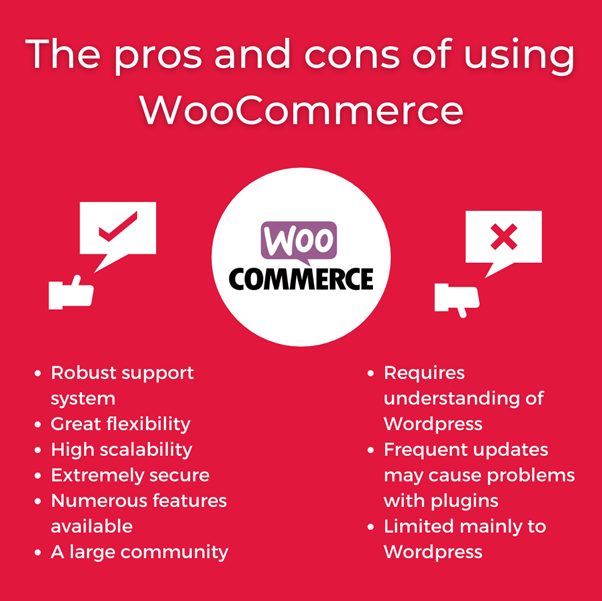
There are a few woocommerce pros and cons to keep in mind. This free WordPress ecommerce plugin is extremely versatile, allowing you to sell products online without the need for programming knowledge. It also boasts many features, including an easy-to-use back end interface and unlimited domains and subdomains. Many people use it, so its developers constantly make updates to combat cyber-attacks. To keep your information safe, you can encrypt backups.
For beginners, Shopify is better. This is because WooCommerce relies on extensions. Shopify has 24/7 live support, which makes it more beginner-friendly. BigCommerce, on the other hand, has a more robust set of built-in features. Additionally, it includes an SSL certificate and SEO. Despite WooCommerce’s many pros, it is not for everyone. WooCommerce is best suited for experienced store owners with a variety of products to sell.
The biggest difference between Shopify and WooCommerce lies in their ability to support an eCommerce store. While Shopify costs more, it offers flexibility and support to retailers and merchants as their stores grow. While Shopify may not be free, it does have a wide range of add-ons and tools to make your life easier. However, Shopify does cost more. If you’re still unsure of which option to choose, be sure to read through the pros and cons of both.